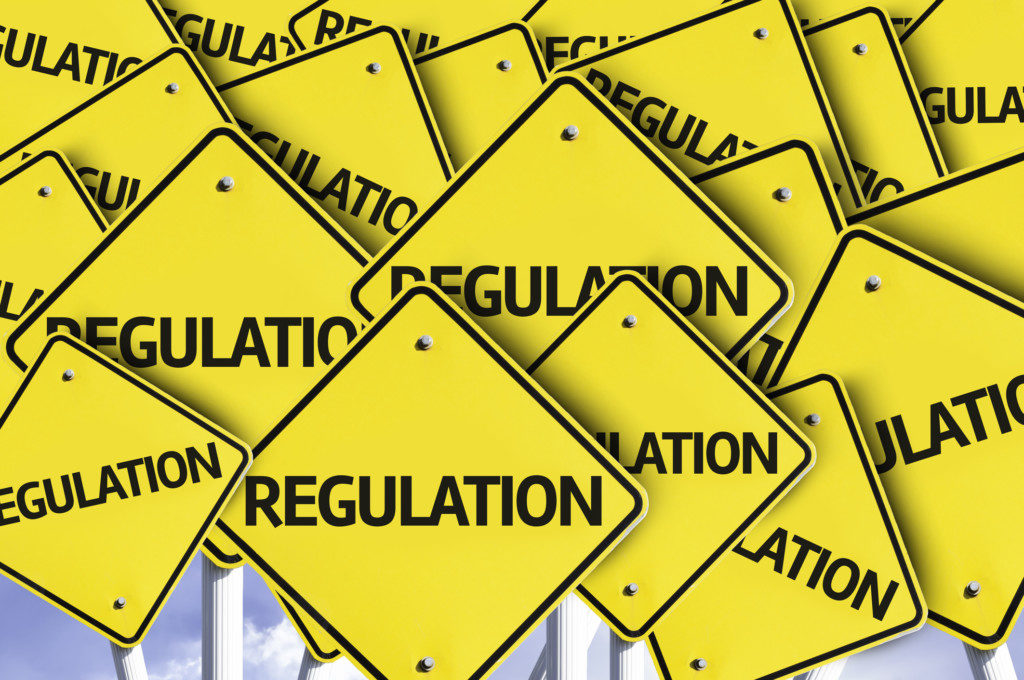
Ramping up regulations on a hypothetical school choice voucher program results in fewer private schools opting to participate, and lower quality among those that do, according to a new study released this week.
The study is based on responses from private school leaders in Florida.
“The Effects of Regulations on Private School Choice Program Participation: Experimental Evidence from Florida” is spotlighted in the latest edition of Education Next. It examined the impact of three different potential regulations on a hypothetical voucher program: standardized testing, open-enrollment, and the prohibition of charging tuition beyond the voucher amount.
Researchers Corey A. DeAngelis, Lindsey Burke and Patrick J. Wolf emailed 3,080 private schools in Florida and received 327 completed surveys. Of the responding schools, 57 percent were religious, 70 percent accepted the Florida Tax Credit Scholarship for lower-income students, 65 percent accepted the McKay Scholarship for students with disabilities, and 54 percent accepted the Gardiner Scholarship, an education savings account for students with special needs such as autism and Down syndrome. Step Up For Students helps administer the Florida Tax Credit and Gardiner Scholarships, and publishes this blog.
Schools were randomly assigned to one of four groups, including a control group whose leaders were asked if they’d participate in a hypothetical voucher program worth $6,500 and came with no additional regulations. The other groups were assigned one of the three regulations.
Private schools were 17 percentage points less likely to participate with an open-enrollment requirement, and up to 11 percentage points less likely to participate with a state standardized test requirement. (Standardized testing is required for the Florida Tax Credit Scholarship, but participating schools are allowed by law to choose from a range of state-approved tests beyond the Florida Standards Assessment required for public schools.)
For every $1,000 increase in private school tuition, there was a corresponding decrease of 1.4 percentage point participation when a state standardized testing mandate was offered.
Prohibiting private schools from charging tuition beyond the voucher amount also had a negative effect, but the result was not statistically significant.
All three of these regulations are present in Louisiana’s voucher program, which drew a fair amount of unflattering publicity because of negative, short-term impacts on test results. Some researchers have hypothesized that the regulations may have reduced the number and quality of participating private schools.


